You will be equipped with the following tools:
-
A Goal-Buddy
Assist clients in achieving their goals by teaming up with goal-buddies who would help clients stay committed to their goals by keeping them accountable and motivated.
-
A Mindful Goal Focus
Help clients identify their goal focus type and, if necessary, to help them move toward an optimal goal focus type.
-
Awareness of Progress and Accomplishments
Assist the client in increasing his/her awareness of the progress made in achieving goals and past achievements.
-
Building Self-Efficacy by Taking Small Steps
Help clients move closer to their goals by taking small steps. In this way, clients can enter a positive spiral of success and growing self-efficacy.
-
Daily Motivational Awareness
Increase awareness of motivation and the extent to which the motivation to perform daily activities is characterized by autonomy.
-
Facing the Effect of Fear-Based Beliefs on Goal Achievement
Help clients become aware of the negative consequences of fear-based avoidance of goals.
-
Habit Tracker
Help clients monitor and record the daily use of desired behaviors through the practice of habit tracking.
-
Implementation Intentions
Increase the probability of successful goal attainment by predetermining an 'if/then' plan to overcome potential barriers.
-
Increasing Self-Control through Repeated Practice
Help people initiate small acts of self-control in daily life to strengthen their willpower capacity
-
Leaving the Comfort Zone
Visually aid people to understand the costs of staying in the comfort zone and the necessity to leave this zone for the experience of growth.
-
Motivational Vision Board
Increase motivation by helping clients connect with the perceived benefits of goal accomplishment through the creation of a meaningful and motivational vision board.
-
Readiness to Change Assessment
Assess clients’ current readiness to change using the 6 stages described in the Stages of Change Model (TMC).
-
Self-Concordant Goal Analysis
Analyze your client's goals in terms of his or her level of self-concordance.
-
Self-Contract
Help people act upon their commitment to making the desired change.
-
Task Prioritization
Help clients maintain focus on tasks that matter most through the process of prioritization using a prioritization matrix.
-
Using Intrinsic Values to Promote Goal Commitment
Help clients identify intrinsic values inherent in their current pursuit of a significant life goal.
-
Using Role Models to Facilitate Goal Achievement
Help clients identify a suitable role model for the purpose of inspiring and motivating them to achieve a current personal goal.

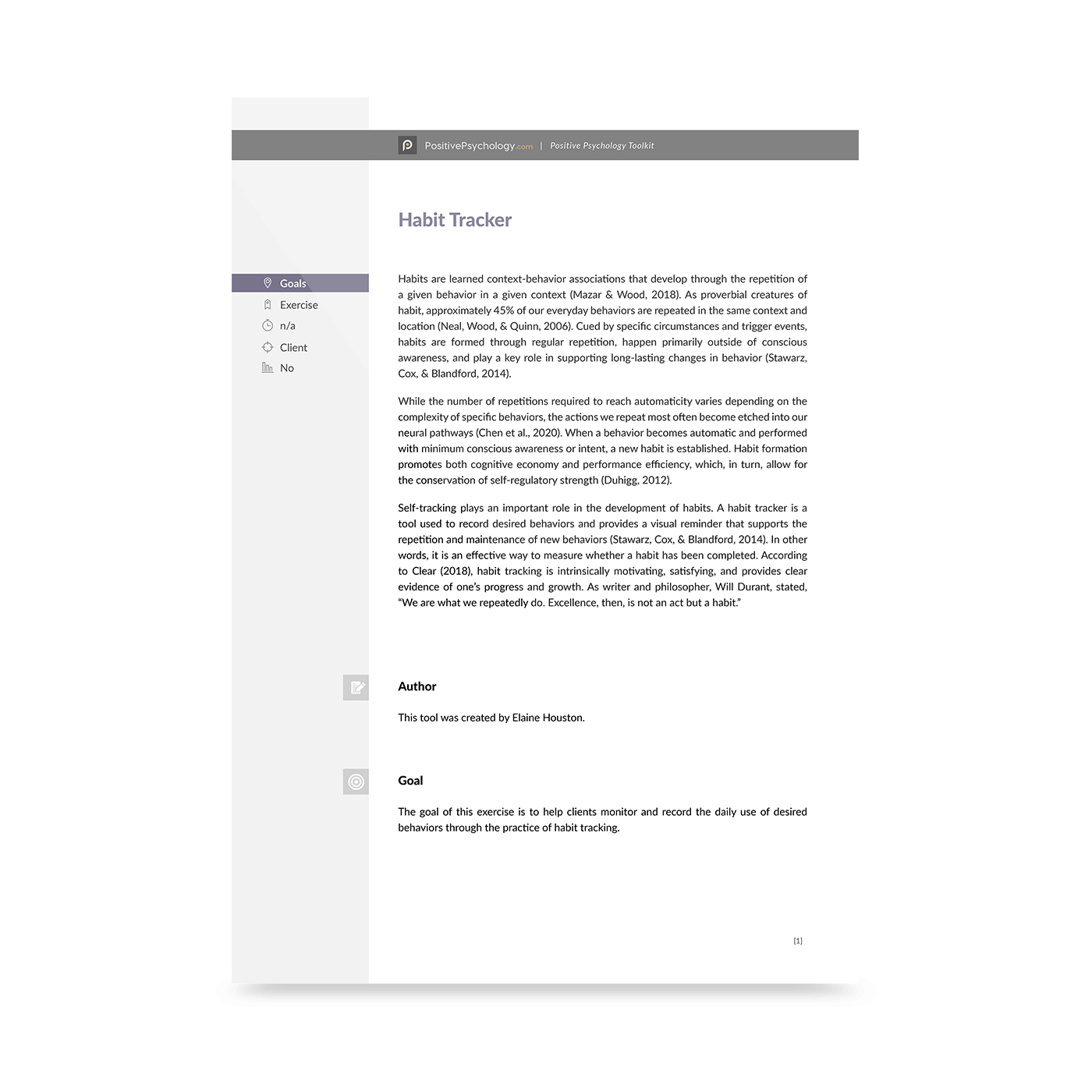
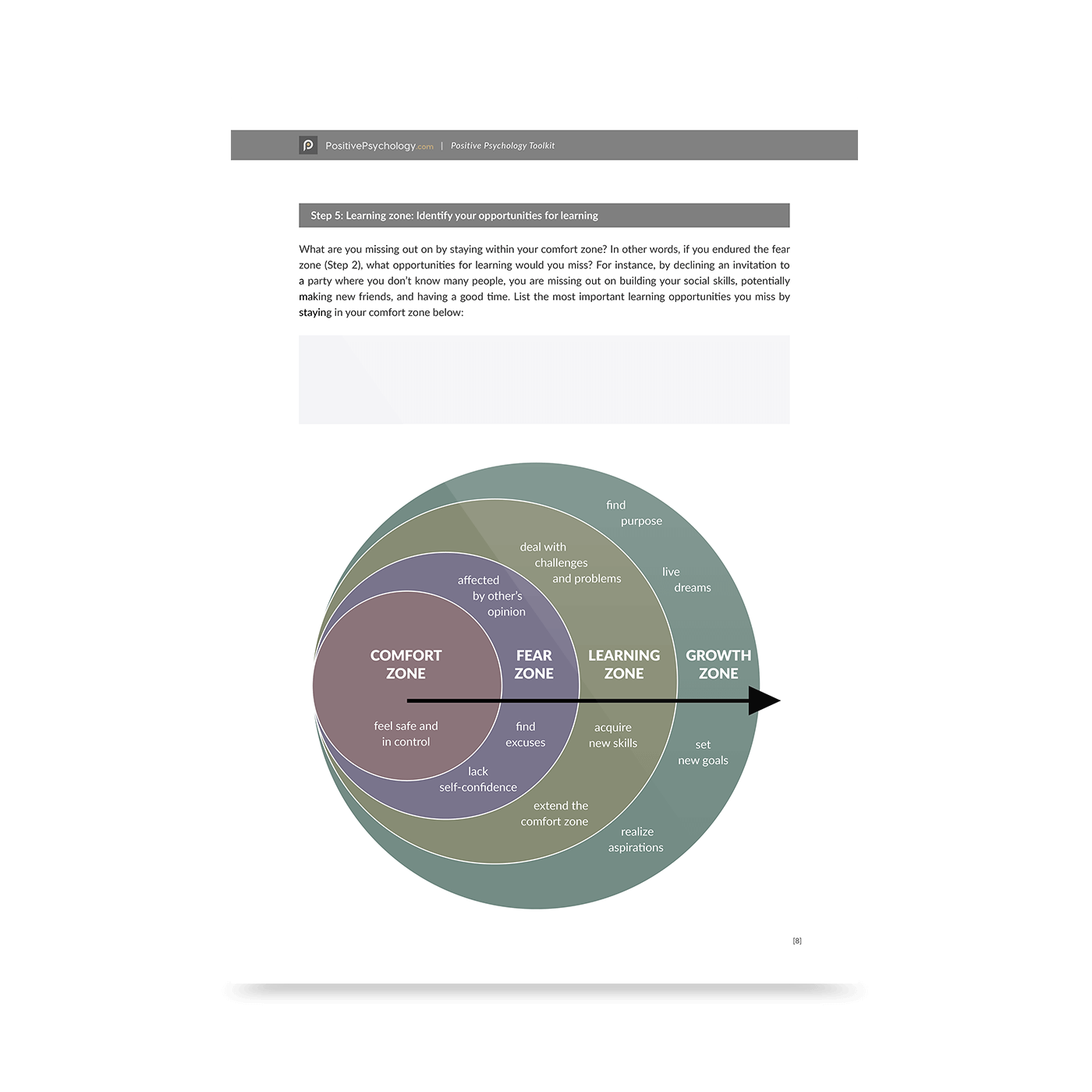
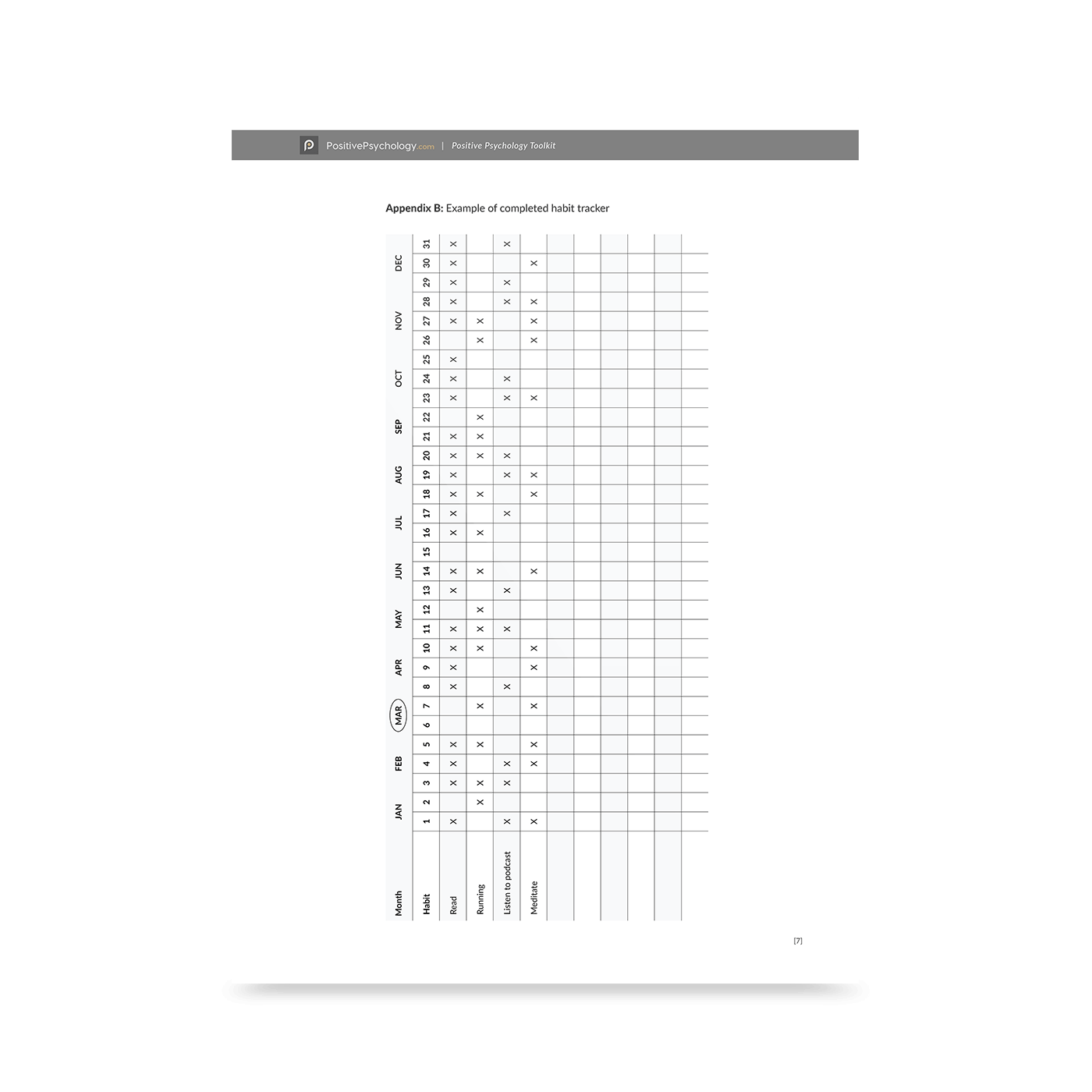



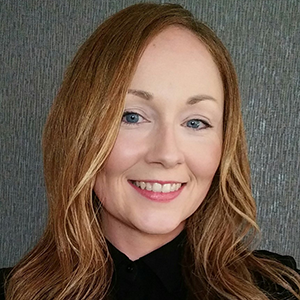














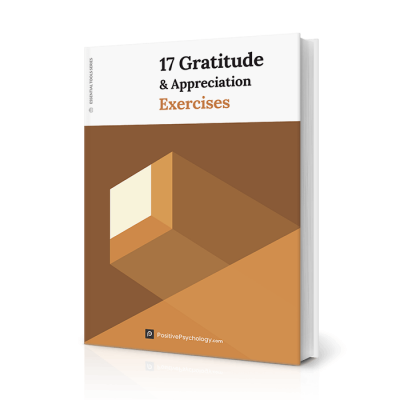
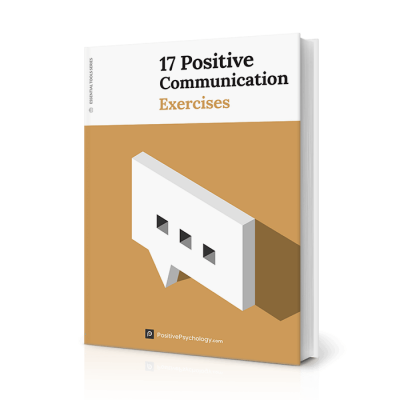
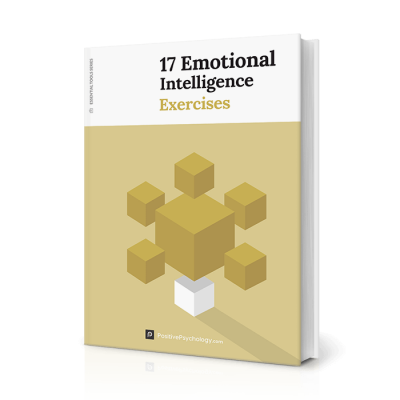
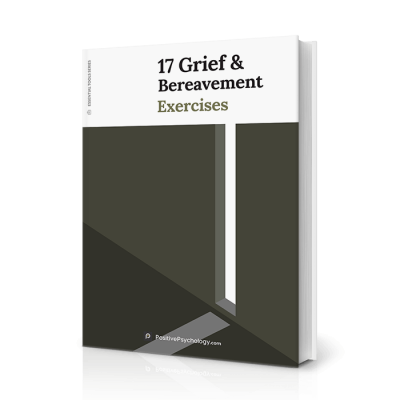
Rakesh Lazar –
The set of tools and exercises offered were applicable to a wide variety of objectives in co-partnering with my clients and students. Everything about the way it has been created is just glorious! They are evidence-based, instructional, visually comforting, intuitive and most of all… serves the purpose of bringing clarity and awareness!
Yusuf Ahmad –
The work has been done fantastically for psychology students like me
Nicole Celestine, Community Manager –
Hi Yusuf,
We’re so glad to hear that you’re finding the resources useful. If you have any questions or ideas for us, please let us know — we’re all ears!
– Nicole | Community Manager